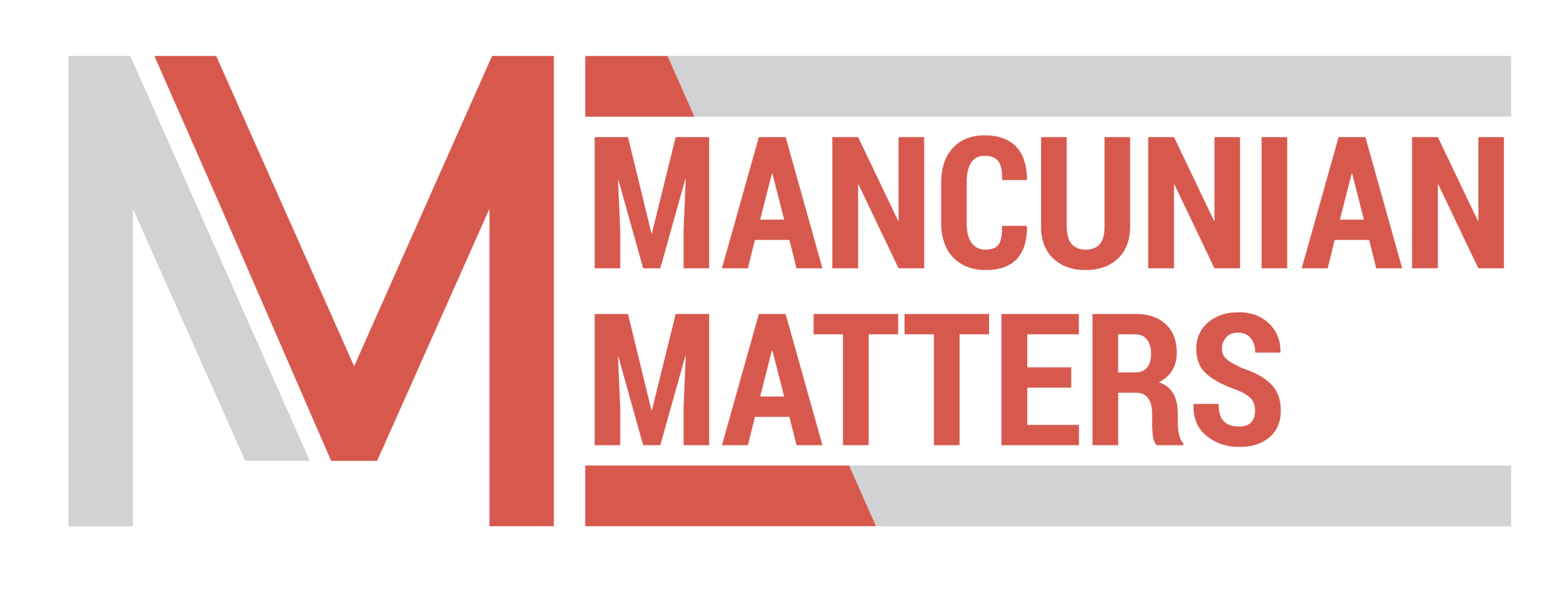Mancunian Matters investigates a 19% rise in LGBTQ+ hate crime
By Annie Owen
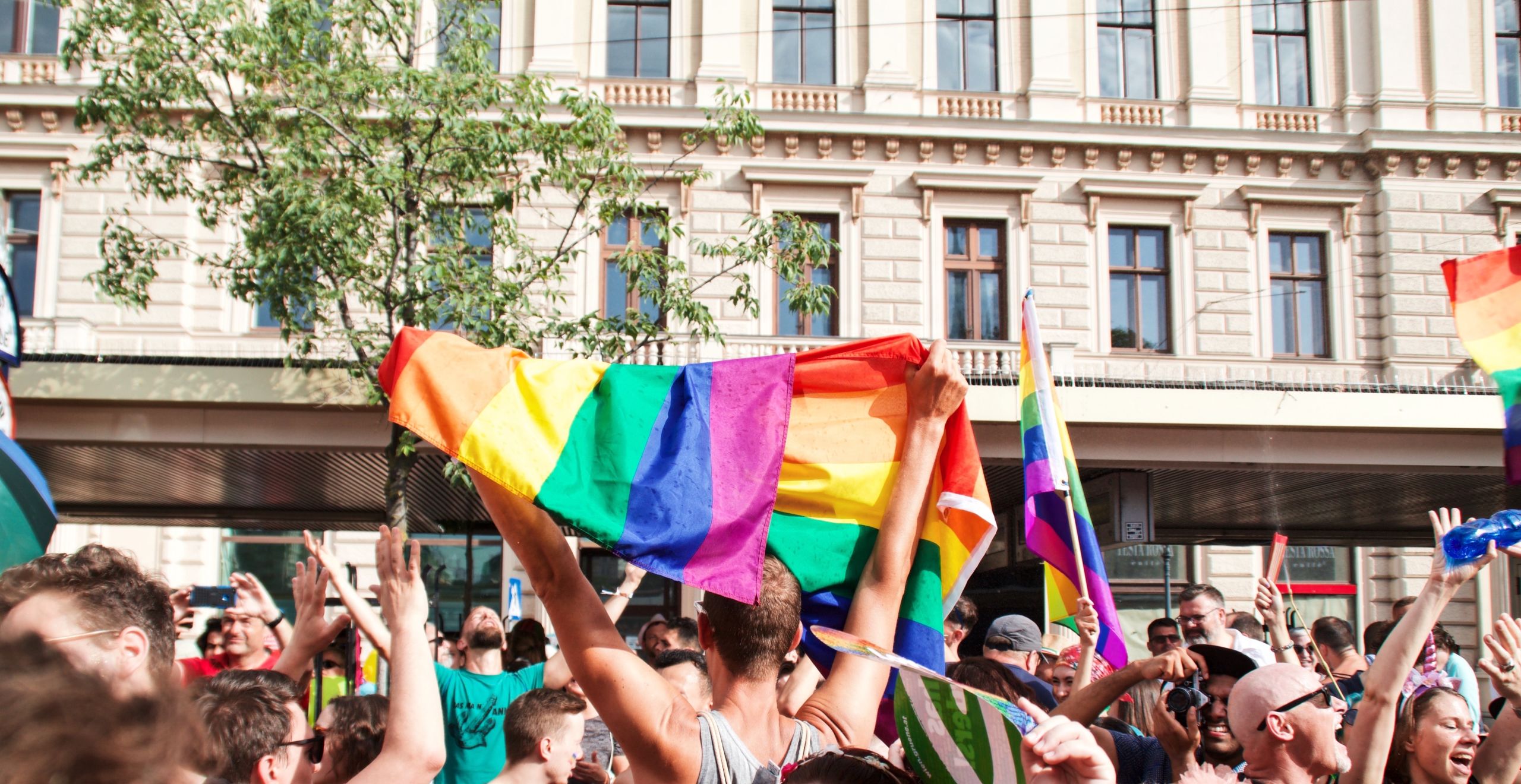
Latest Home Office data shows a 19% increase in hate crimes committed against people because of their sexual orientation in 2019-20.
The 15,835 reported incidents are a substantial rise on the 13,314 hate crimes reported in the previous year.
The data also shows a 16% increase in offences against transgender people because of their gender identity in the same period, with 2,540 instances reported.
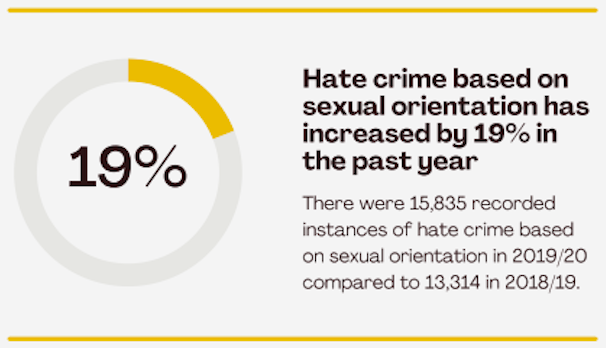
In the report, hate crime is defined as "any criminal offence which is perceived, by the victim or any other person, to be motivated by hostility or prejudice towards someone based on a personal characteristic."
Offences are recorded as hate crimes if the victim or witnesses believe the motivation is one of these things because of, for example, slurs shouted during the attack.
The term “hate crime” can cover verbal abuse, intimidation, threats, harassment, assault and bullying, as well as damage to property.
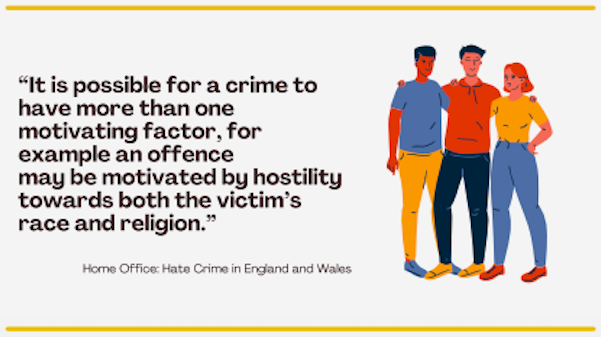
This data, recorded by the police in England and Wales and estimated by the Crime Survey for England and Wales (CSEW), shows there was an 8% increase (105,090) across all types of hate crime in the same period.
The report states that this increase in hate crime over the last five years have mainly been driven by improvements in crime recording by the police, however, questions continue to be asked about the number of hate crimes which go unreported each year.
According to leading LGBTQ+ charity, Stonewall UK, only one out of five hate crimes against lesbian, gay, bisexual, and transgender (LGBT) people is reported to police, which suggests hate crime figures may be much higher than indicates from this data set.
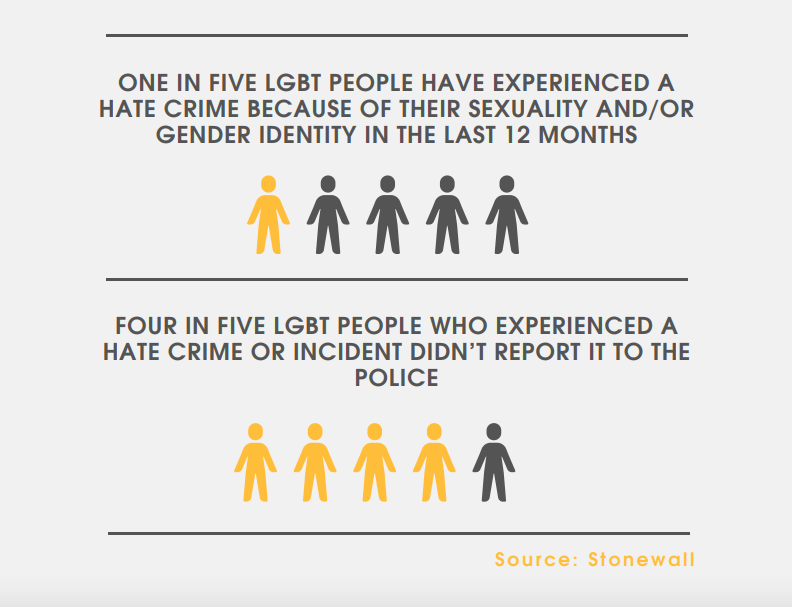
The Home Office said Greater Manchester Police was unable to provide data for their 2019/20 report due to an ongoing "IT issue."
However, data from Greater Manchester Police showed a 26% increase in hate crime based on sexual orientation in the year 2018/19.
Leading LGBT charity for Manchester, the LGBT Foundation has stated LGBT hate crime continues to rise in the city, particularly exacerbated by the pandemic.
Hate crime in the UK is on the rise and LGBT people experience hate crimes at alarming rates.
— LGBT Foundation (@LGBTfdn) February 26, 2021
If you've experienced homophobia, biphobia, or transphobia, you can call our helpline for support and advice.
We're here if you need us. Call us on 0345 3 30 30 30 pic.twitter.com/2ndSUBl3sE
Addressing the rise in hate crime figures, the organisation said: "Despite victims increasingly coming forward, more needs to be done to ensure the LGBT community are reporting incidents."
They also cited Stonewall data which shows four in five anti-LGBT hate crimes and incidents go unreported, with young people particularly reluctant to report their experiences to police.
The LGBT Foundation stated that although reporting rates are increasing, they are "still dangerously low."
The foundation has published a Guide to Reporting LGBTphobic Hate Crime and is also a Third Party Hate Crime Reporting Centre, with specially trained staff and volunteers supporting victims to report hate crime.
Hate crimes occur in many forms. This can be assault, harassment or abuse and can happen online or in person. LGBT people still experience hate crimes at alarming rates.
— LGBT Foundation (@LGBTfdn) July 22, 2021
If you need advice or support reporting a hate crime, we can help you.https://t.co/K26hgthN23
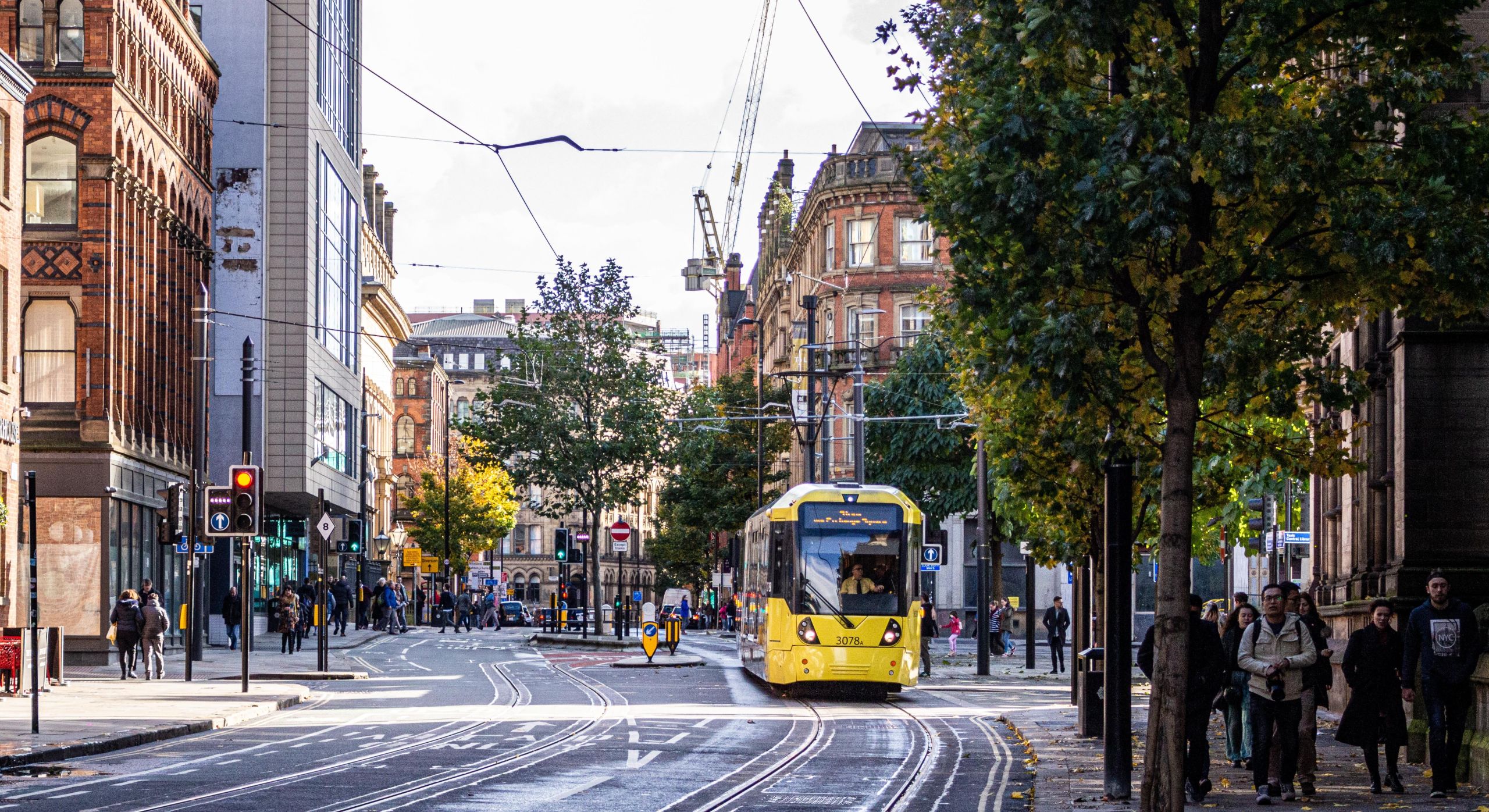
Although missing data makes it difficult to pinpoint the extent of the issue in Manchester, incidents of anti-LGBTQ+ crimes continue to make headlines.
In June this year two murals, located in Manchester's Gay Village were vandalised.
The murals, located on Canal Street, were spray-painted with offensive language and targeted the LGBTQ+ community.
The official Canal Street Facebook page called it "an attack on our community."
Chief Inspector, Adam Wignall of Greater Manchester Police assured the public the police force takes “crime of this nature very seriously.”
He continued: “People should be able to go about their daily lives free from hate and abuse, and this type of behaviour will absolutely not be tolerated in our communities."
A 60-year-old man was later arrested on suspicion of homophobic and transphobic aggravated criminal damage.
Other similar stories that have recently made the news include:
WATCH: Anti-hate protest held in Liverpool
Following a string of violent homophobic attacks in Liverpool in June, hundreds of protestors marched in solidarity with the LGBTQ+ community.
Find out more in our video report below:
GYRO, an LGBTQ+ youth group in Merseyside, has worked with the Manchester-based PROUD Trust since 2019, aiming to educate young people about hate crime.
Speaking to Mancunian Matters, Chris, who works for GYRO said: "We see a consistent pattern of young people being hate crimed but not reporting it.
"Young people tell us they are so used to homophobic bullying at school that when it happens outside of school they are reluctant to report it.
"Some young people feel they are making a fuss, or 'snitching' by talking to the police, and others have tried to report it before but then nothing was done about it."
He continued: "On the back of Black Lives Matter protests, I think the galvanising and mobilising of people was really inspiring to show young adults that they can organise massive events and have a great impact.
"It was really inspiring for me to see a group of young people come together to self-organise and it made me reflect on the Stonewall riots because that started with members of the community protesting an issue that is directly affecting them."
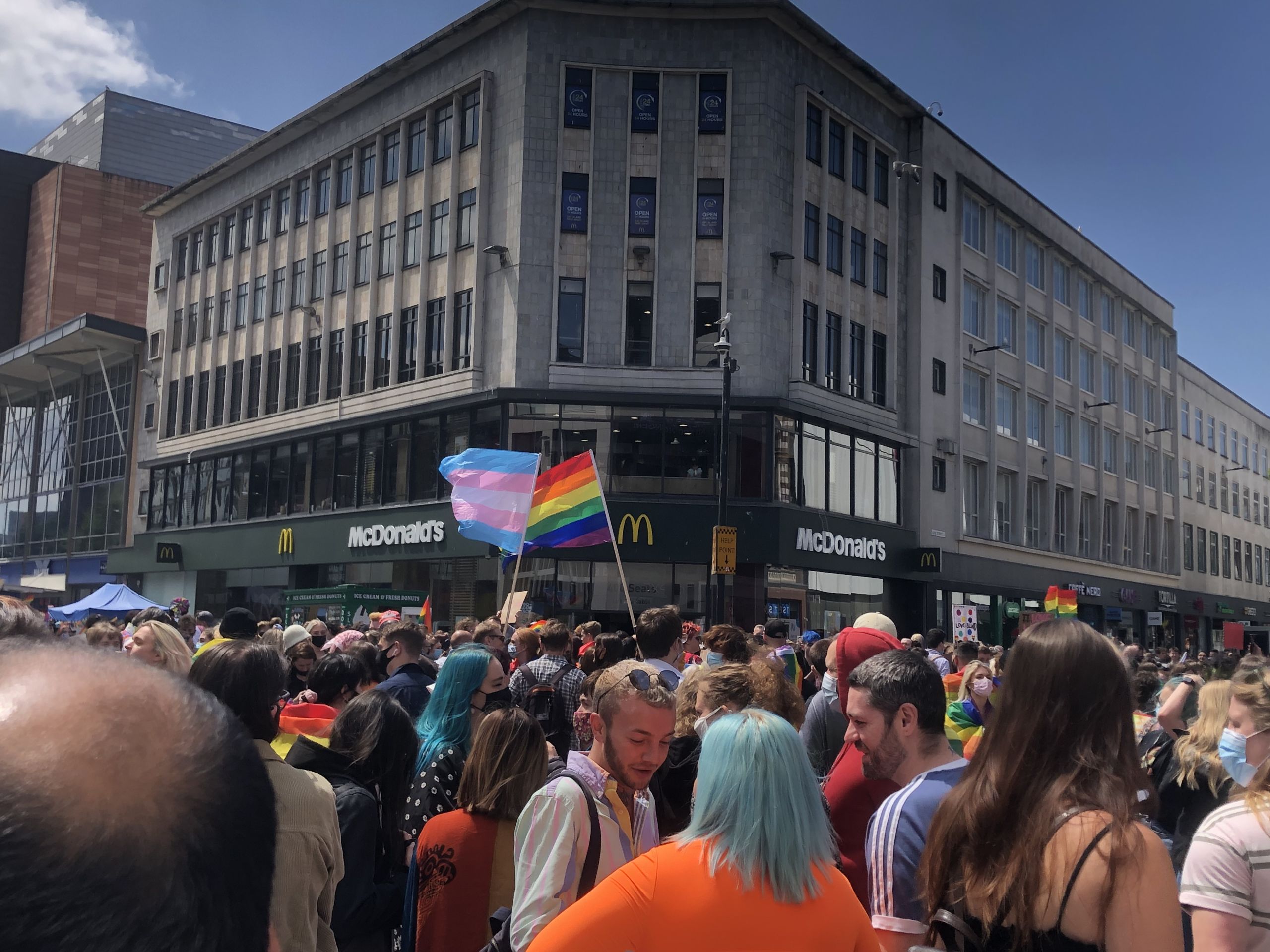
In conversation with Stop Hate UK:
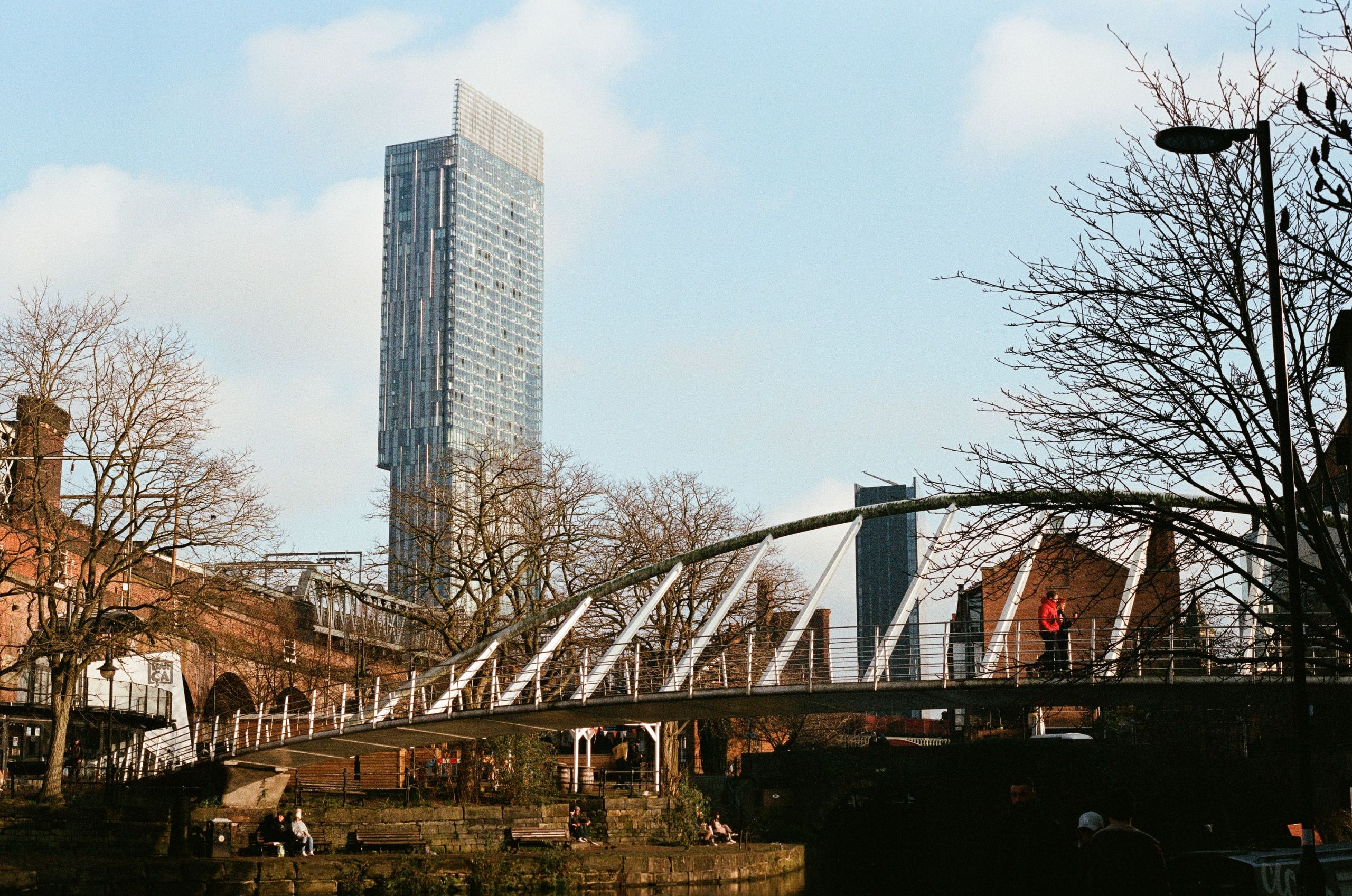
Stop Hate UK is a national organisation working to challenge all forms of Hate Crime and discrimination.
Mancunian Matters spoke to Stop Hate UK's Chief Executive Rose Simkins to find out about the work they do.
"I believe that under-reporting is greater than the crime survey would lead us to believe."
What is being done to tackle hate crime in Manchester?
In 2019 the Greater Manchester Combined Authority launched the Greater Manchester Plan to Tackle Hate Crime to help prevent and tackle hate crime.
The Plan aims to support victims of hate crime to report incidents to the police, via their website.
Explaining the purpose of the plan, Baroness Beverley Hughes said: "We are aiming to understand the impact that hate crime has on individuals and communities, and we are continuing to drive forward our strong message that hate crime will not be tolerated here in Greater Manchester."
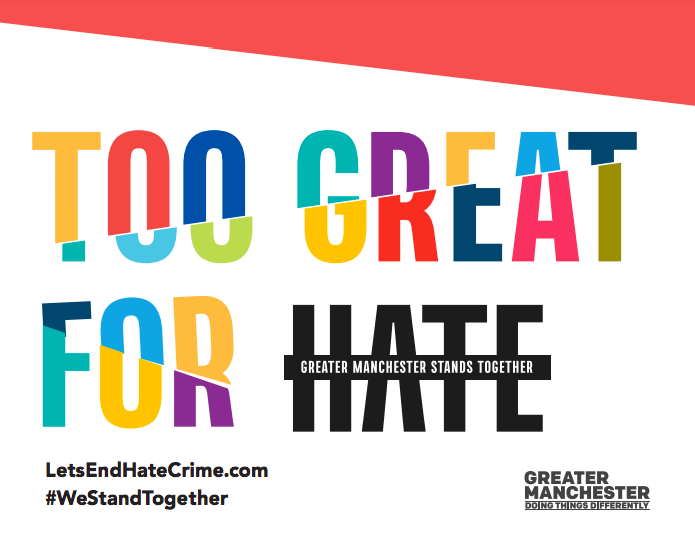
The plan focuses on three priorities; Keeping People Safe, Reducing Harm and Offending, Strengthening Communities and Places.
It is currently unknown to what extent the plan has met its objectives.
Concerns have recently surfaced over the future of provision for the LGBTQ+ community in Manchester, after Manchester Pride announced funding cuts to charity partners.
Earlier this month, Manchester Pride released a statement announcing it was "no longer in a position to continue" funding an LGBT Foundation scheme which has distributed free condoms and safer sex materials to residents across Greater Manchester since 1994.
This was met with significant criticism following Chief Executive, Mark Fletcher's admission that he had received a £20,000 pay rise over the past two years, taking his salary to between £90,000 and £100,000.
Manchester councillors secure funding for future of LGBT Foundation scheme following Pride cutbacks https://t.co/t4fuY4sAam
— Manchester News MEN (@MENnewsdesk) August 13, 2021
Manchester City Council has since met with representatives from The LGBT Foundation, Manchester Pride and George House Trust to identify each of their roles in serving the LGBTQ+ communities across Greater Manchester.
But conversations continue following claims that Manchester Pride has strayed too far from its roots as a protest for LGBTQ+ rights.
A 'Reclaim Pride' event will be held at Sackville Gardens on August 21, aiming to highlight the importance of trans rights, sex education, anti-racism, and remind people of the importance of protest.
Speaking to the Manchester Evening News, event organiser Will Belshah said: “None of us want Pride to fail. I don’t think anyone is taking satisfaction in what is happening right now.
"But Pride belongs to the community and it’s really important that dialogues are being made.”
The heads of the LGBT Foundation and the George House Trust also acknowledged this: "There is a clear message coming from our community that real change is needed so this must be a truly radical review into Manchester Pride’s format and purpose."
However, they also reassured the public that they are listening to the community: "Ultimately it is the views of Greater Manchester's LGBTQ+ community that count, and this is what they are calling for."
